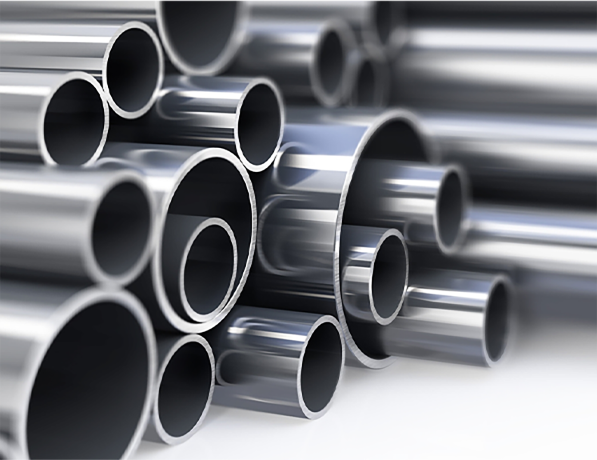
The Importance of Automotive Parts Processing
Automotive parts processing plays a critical role in the manufacturing and maintenance of vehicles. As the automotive industry rapidly evolves, so does the technology and techniques used in the processing of parts. This sector not only ensures the efficiency of production but also enhances the quality and longevity of the final products, contributing significantly to the overall performance of vehicles.
The automotive industry demands precision engineering due to the high standards of safety and efficiency required. Parts processing includes a series of intricate steps such as machining, molding, casting, and finishing, which transform raw materials into functional components. Each step requires advanced machinery and skilled professionals to ensure that every part meets the industry’s strict quality controls. For example, machining processes like CNC (Computer Numerical Control) allow manufacturers to achieve unmatched precision and repeatability, critical for parts like engine components and transmission systems.
In recent years, automation and robotics have revolutionized automotive parts processing. Automated systems can handle repetitive tasks with high accuracy and speed, reducing the likelihood of human error and streamlining production. This shift not only increases efficiency but also lowers production costs, enabling manufacturers to offer competitive prices while maintaining high standards. Moreover, the integration of data analytics further enhances the capabilities of parts processing by allowing manufacturers to monitor machine performance, predict maintenance needs, and optimize overall production schedules.

Sustainability has also become a paramount concern in automotive parts processing. As the world increasingly focuses on reducing carbon footprints, manufacturers are exploring eco-friendly materials and processes. Recycling metal scraps, utilizing renewable resources, and minimizing waste during production are vital practices that support environmental management. Implementing sustainable practices not only benefits the environment but also appeals to a growing demographic of environmentally-conscious consumers.
Quality assurance is essential in automotive parts processing. Leading manufacturers adhere to strict testing protocols to ensure every component can withstand the rigors of everyday use. This includes stress testing, fatigue testing, and performance evaluations to prevent failures in the field that could lead to accidents or costly recalls. Advanced materials and technologies, such as lightweight composites and advanced alloys, are being used to improve vehicle performance without compromising safety.
In conclusion, automotive parts processing is a dynamic and increasingly sophisticated sector that directly influences the quality, safety, and sustainability of vehicles. As technological advancements continue to emerge, manufacturers are tasked with adapting to these changes while maintaining high standards and efficiency. The future of automotive parts processing looks promising, with ongoing innovations poised to further enhance the industry's capabilities and environmental responsibility.